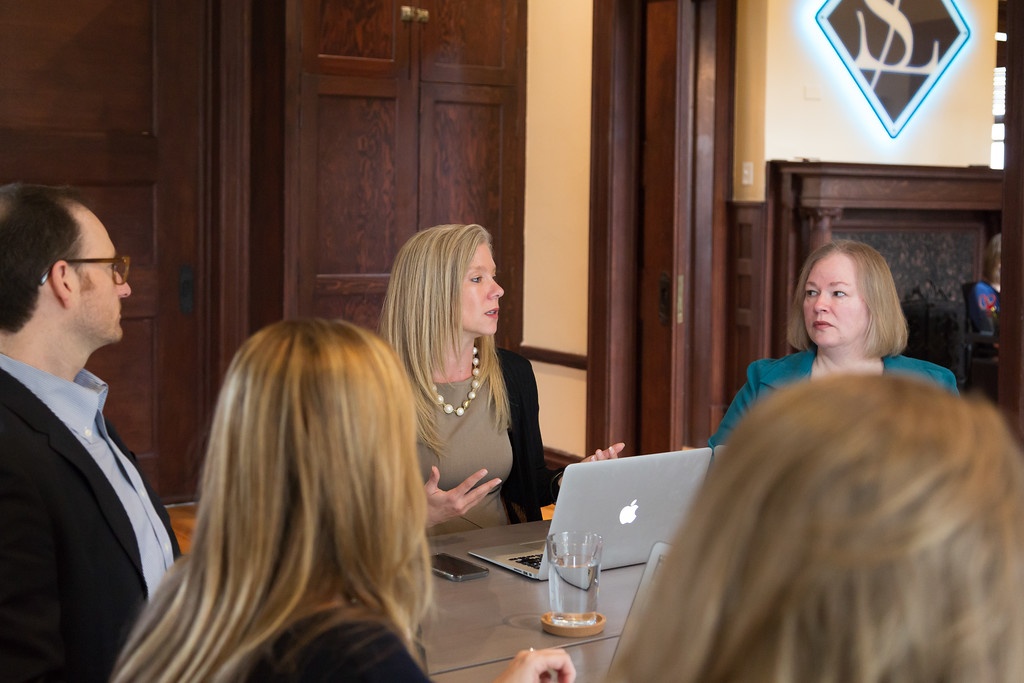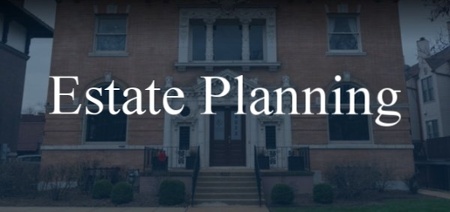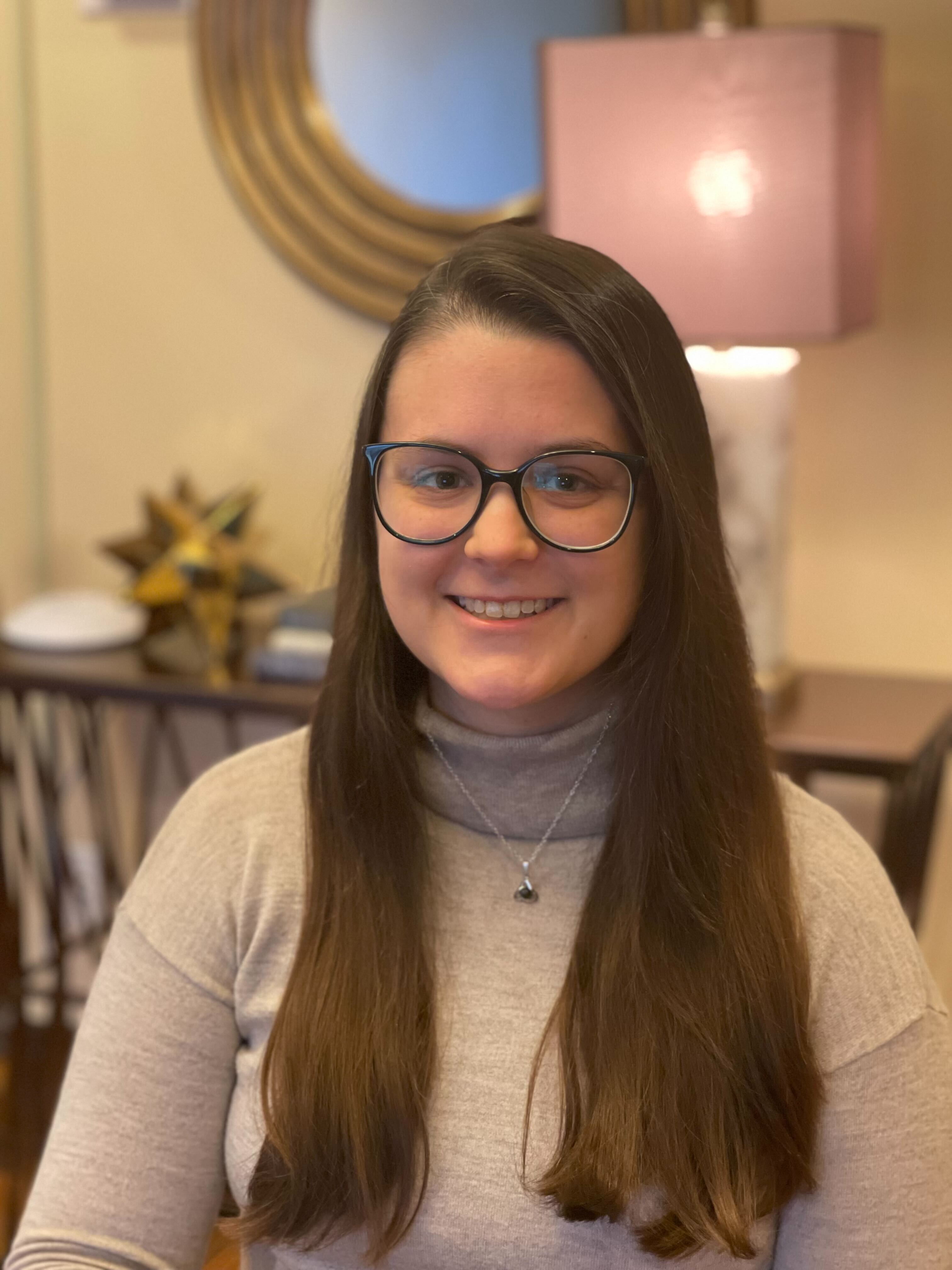“This is more paperwork than closing on a house!”
We get that comment frequently in our trust signing sessions, because typically that’s the only time people sign more documents in a single sitting than at our trust signings. Don’t let this scare you! The trust is usually the centerpiece of your estate plan, but there are other documents which do what the trust cannot or is not designed to do, and so these seem to add up to a big stack on the table. Still, we review those documents with you carefully and systematically.
We do this for two reasons:
First, it’s another chance to educate you about why we are doing what we are doing. Merely having your estate plan set up by us is good, but we want you to understand the why, not just the what. You aren’t given a quiz on the ins and outs of tax law or probate rules, but we do insist that you are able to explain, in very broad strokes, the tax planning and family protection you’re gaining by crafting this plan.
Second, we want to make sure everything in your documents is exactly as you want it to be! Many attorneys meet with you for a half hour, learn your family members’ names, spit out a document that they mail you a draft of, and expect you to sign it. We don’t leave such an important plan to chance. We will have met with you for roughly three hours or more before you ever sign your document, because we are invested in making sure it reflects your wishes. If you change your mind during this meeting, or uncover a typo (believe it or not, lawyers sometimes make mistakes too!), we will fix it in this meeting. You will leave when the documents accurately reflect your family plan, and understand why you are signing them
…But wait, you’re not done yet!
This is where most estate planning attorneys accept your payment and bid you a fond farewell. As we discuss in detail during your first appointment, though, having a well-drafted and intentional trust is really only part of the story. If your trust doesn’t own your assets, or become designated to receive them when you die, you have severely kneecapped your own estate plan.
The next installment in this series will explore the ownership changes to your assets which must be done to make sure your plan works as you want.
*The choice of a lawyer is an important decision, and should not be based solely on advertisements.*






